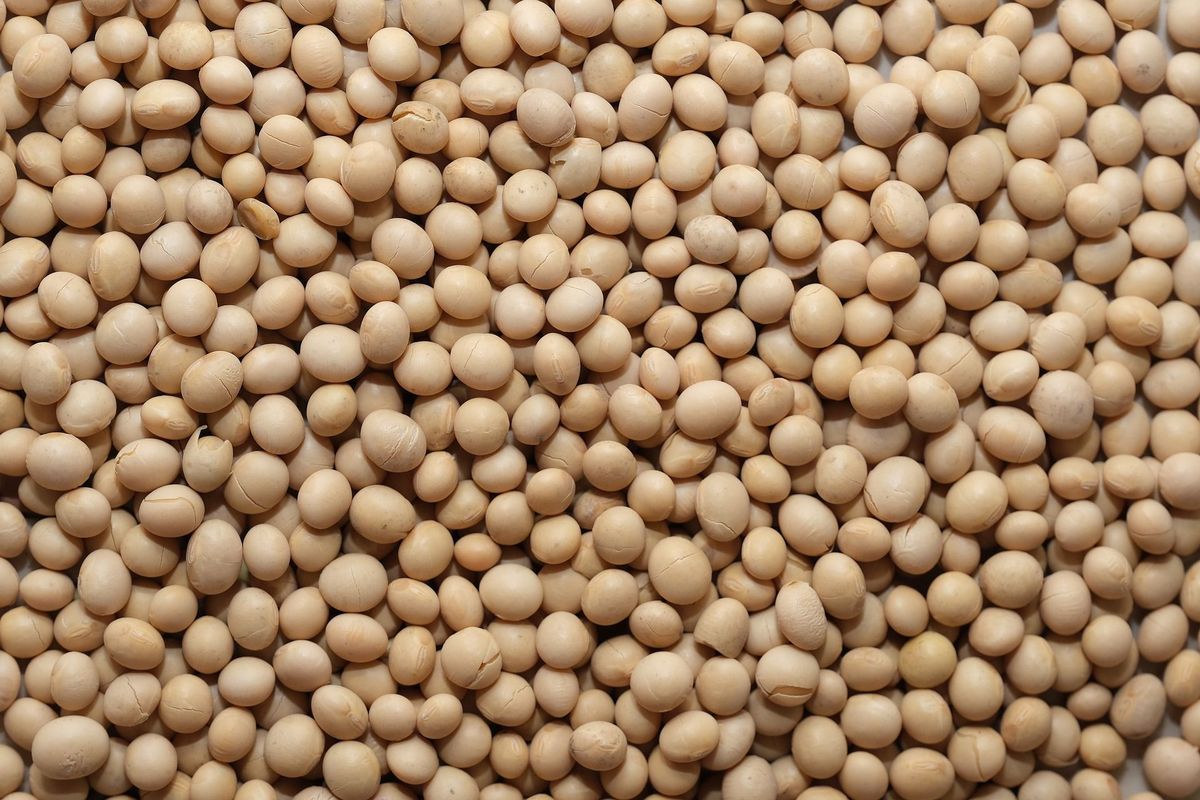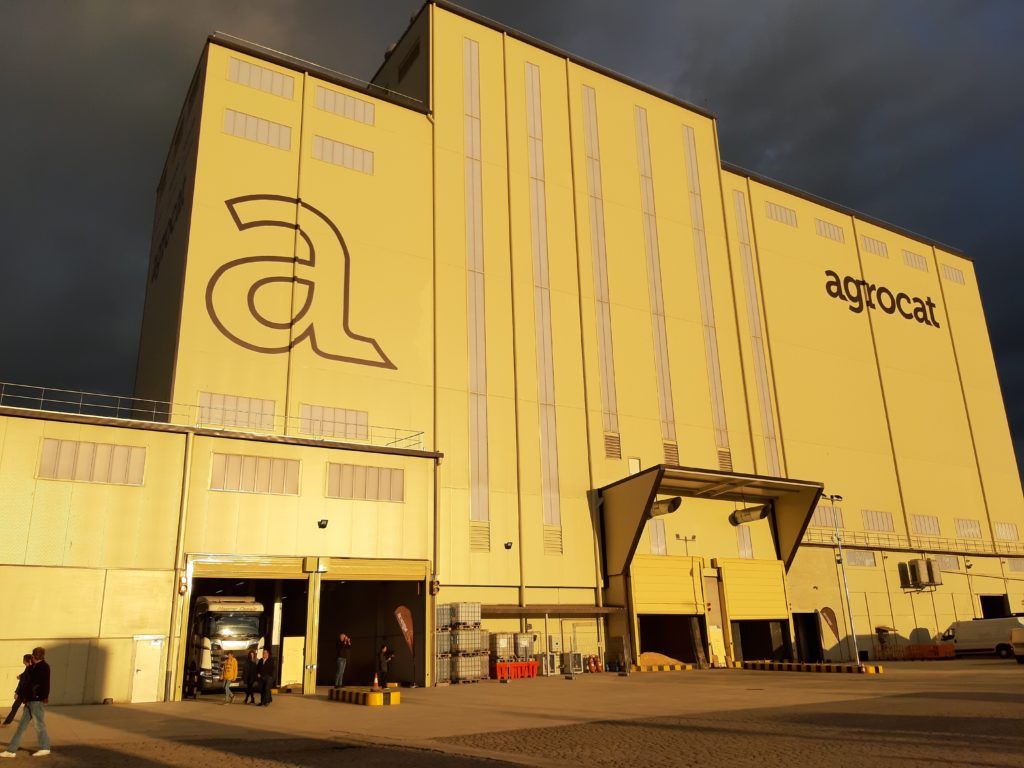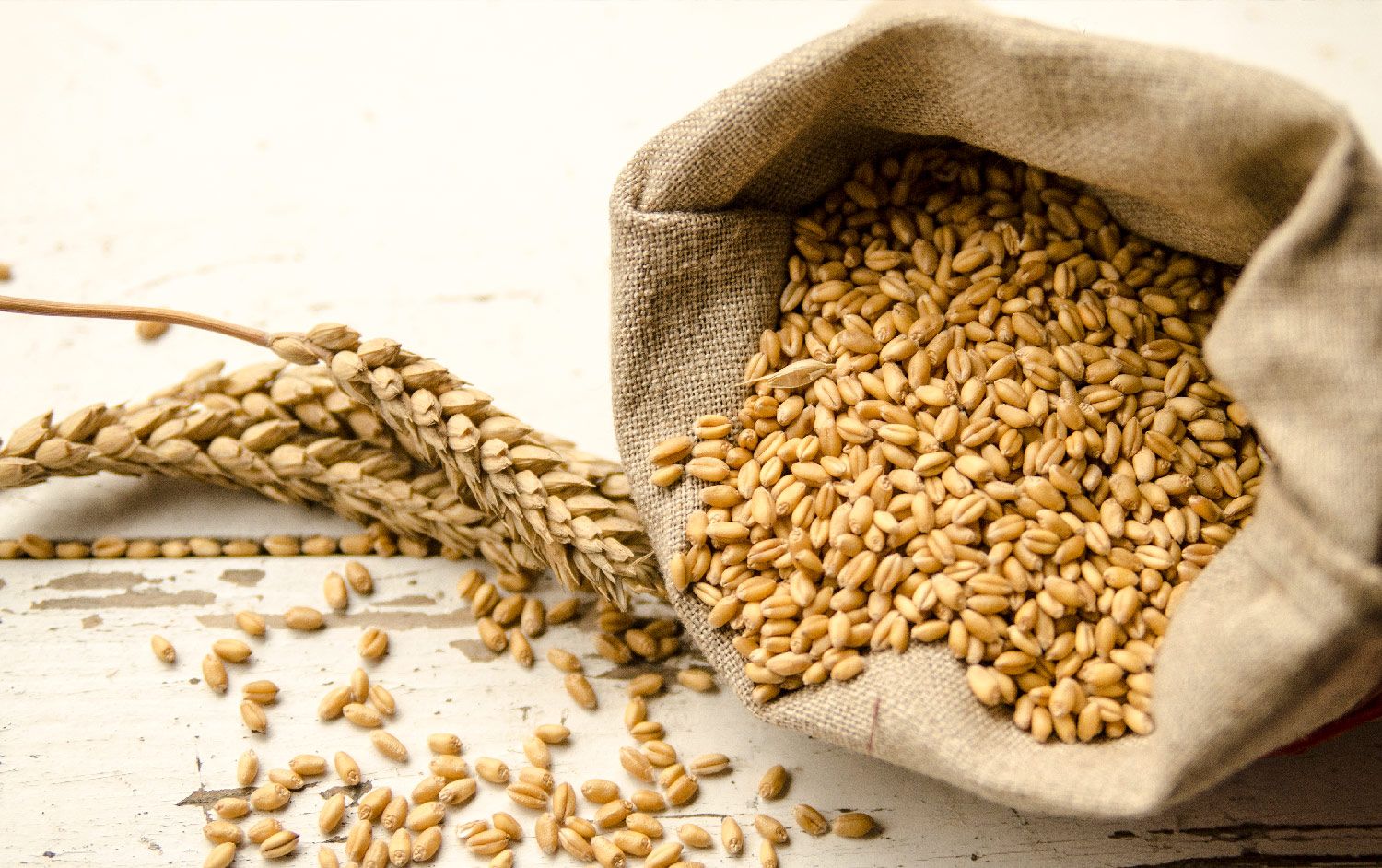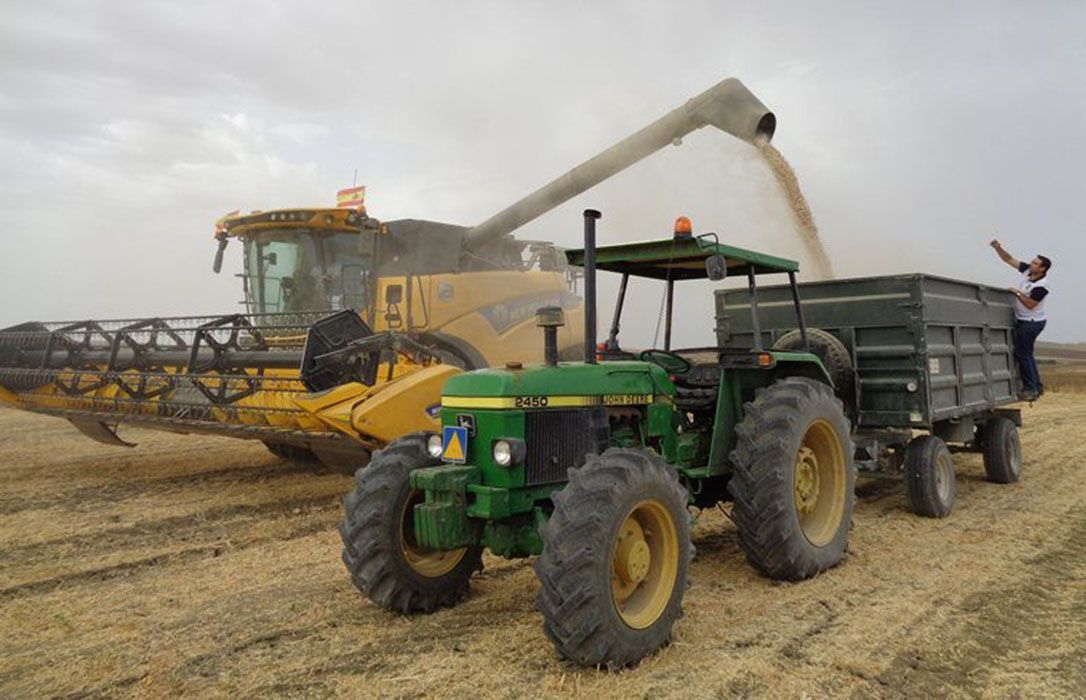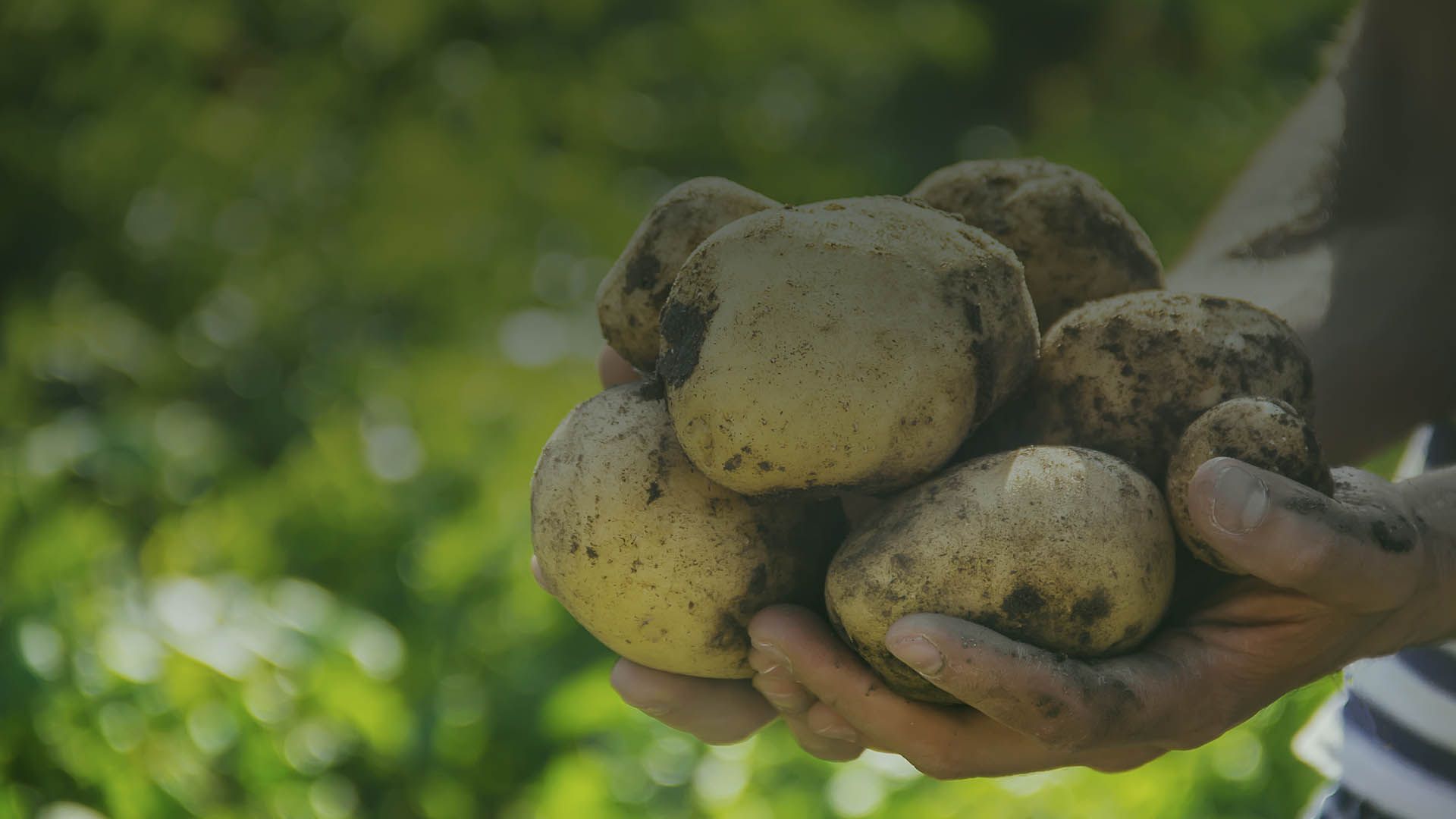La UE autoriza importar soja, colza y algodón transgénicos (fuente: www.elperiodico.com)
La Comisión Europea ha dado luz verde este jueves a la utilización de cultivos transgénicos de soja, colza y algodón, para el sector alimentario y para el sector de alimentación animal, como parte de la estrategia de la UE para asegurar el suministro alimentario.
Cooperativas Agro-alimentarias de España solicitaron este mes al ministro de Agricultura, Pesca y Alimentación, Luis Planas, que de “manera extraordinaria” y hasta que se restablezca la normalidad de los suministros desde el Mar Negro, se autoricen las importaciones de cereal, principalmente maíz, de Estados Unidos, Argentina y otros países productores, para hacer frente al consumo diario de casi 100.000 toneladas.
Las cooperativas españolas recordaron que Ucrania exporta a España una media anual de 2,77 millones de toneladas de maíz en los últimos seis años, destacando 2019, con algo más de cuatro millones, es decir, el 30% de sus necesidades.



